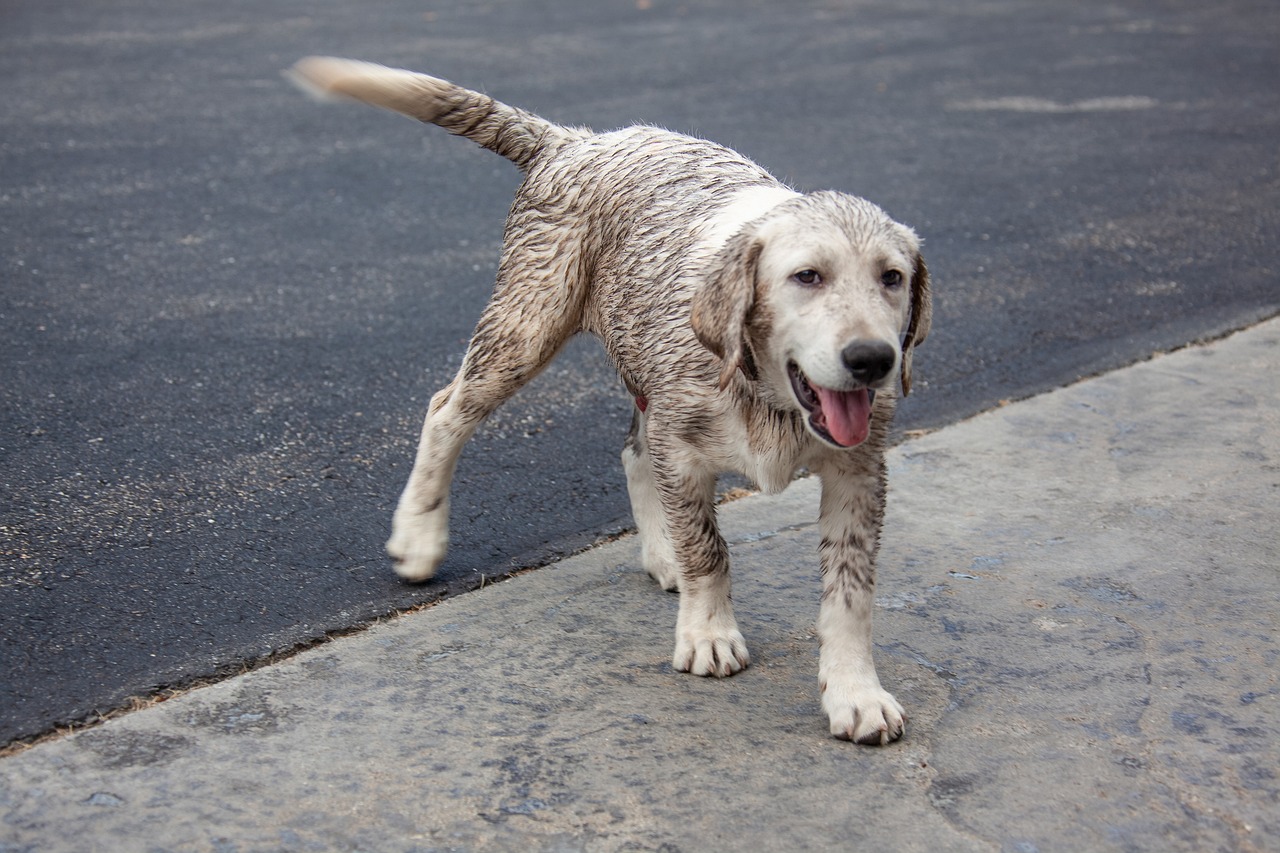Nexgard is a popular flea and tick treatment for dogs that provides effective protection against these pesky parasites. However, like any medication, there can be potential side effects. One concern that dog owners often have is whether Nexgard can cause diarrhea in their furry companions. In this article, we will delve into this topic and provide you with all the information you need to know about the relationship between Nexgard and diarrhea.
What is Nexgard?
Nexgard is a chewable tablet formulated to kill fleas and ticks on dogs. It contains the active ingredient afoxolaner, which is a neurotoxin that disrupts the nervous system of these parasites. Nexgard is highly effective and provides month-long protection against fleas and ticks, making it a convenient choice for many dog owners.
Understanding Diarrhea in Dogs
Before we explore the potential link between Nexgard and diarrhea, let’s first understand what diarrhea is and how it can affect our furry friends. Diarrhea is characterized by loose, watery stools and can be caused by a variety of factors such as dietary changes, infections, allergies, or medications.
Diarrhea in dogs can range from mild to severe and may be accompanied by other symptoms such as vomiting, loss of appetite, and lethargy. It is important to monitor your dog’s bowel movements and seek veterinary advice if the diarrhea persists or worsens.
Can Nexgard Cause Diarrhea?
While Nexgard is generally well-tolerated by most dogs, there have been reports of gastrointestinal side effects, including diarrhea. According to the product label, diarrhea is listed as a potential adverse reaction to Nexgard. However, it is important to note that not all dogs will experience diarrhea as a side effect.
Factors That May Influence the Likelihood of Diarrhea
Several factors can influence the likelihood of a dog experiencing diarrhea as a side effect of Nexgard. These include:
1. Sensitivity to the Active Ingredient
Some dogs may have a higher sensitivity to the active ingredient in Nexgard, afoxolaner. This can increase the chances of them experiencing gastrointestinal disturbances, including diarrhea.
2. Individual Dog’s Health
The overall health of your dog can also play a role in how they react to Nexgard. Dogs with pre-existing gastrointestinal issues or a compromised immune system may be more susceptible to developing diarrhea as a side effect.
3. Dosage and Administration
Following the recommended dosage and administration instructions for Nexgard is crucial. Giving your dog too high a dose or administering it incorrectly can increase the risk of side effects, including diarrhea.
4. Other Medications or Supplements
If your dog is taking other medications or supplements, they may interact with Nexgard and potentially increase the risk of gastrointestinal side effects such as diarrhea. It is important to inform your veterinarian about any other medications your dog is currently taking.
How to Minimize the Risk of Diarrhea
While the possibility of diarrhea as a side effect exists, there are steps you can take to minimize the risk and ensure your dog’s well-being:
1. Consult Your Veterinarian
Before starting your dog on Nexgard, it is always advisable to consult with your veterinarian. They can assess your dog’s health and determine if Nexgard is the right choice for them. Additionally, they can provide guidance on the appropriate dosage and administration.
2. Monitor Your Dog
After administering Nexgard, closely monitor your dog for any signs of gastrointestinal distress, including diarrhea. If you notice any changes in their bowel movements, contact your veterinarian for further guidance.
3. Follow Dosage Instructions
Ensure you are giving your dog the correct dosage of Nexgard based on their weight. Do not exceed the recommended dose or administer it more frequently than instructed. This will help reduce the likelihood of side effects, including diarrhea.
4. Consider Alternative Options
If your dog has a history of gastrointestinal issues or is prone to diarrhea, your veterinarian may recommend alternative flea and tick treatments that are better suited for their specific needs. Exploring these options can help minimize the risk of gastrointestinal side effects.
5. Maintain a Healthy Diet
Feeding your dog a balanced and nutritious diet can contribute to their overall gastrointestinal health. Ensure they are receiving appropriate nutrients and avoid sudden dietary changes that can potentially trigger diarrhea.
Conclusion
In conclusion, while Nexgard can cause diarrhea as a potential side effect, not all dogs will experience this issue. It is important to consider factors such as your dog’s sensitivity, overall health, and proper administration to minimize the risk. By consulting with your veterinarian and closely monitoring your dog, you can ensure their well-being and make an informed decision about flea and tick protection. Remember, if you have any concerns or questions, always reach out to your veterinarian for professional advice.

